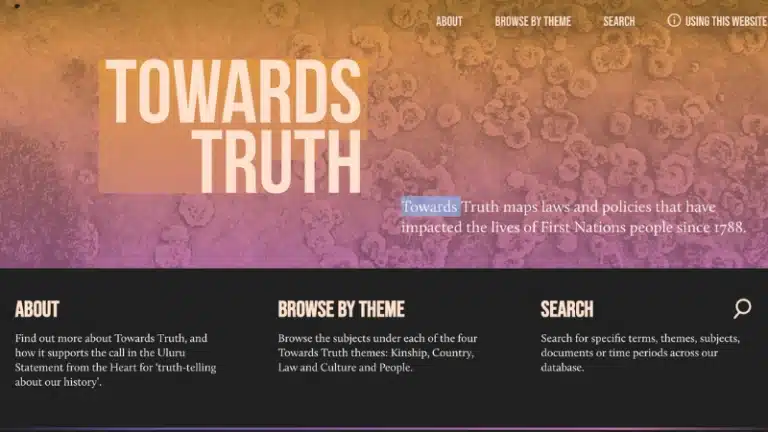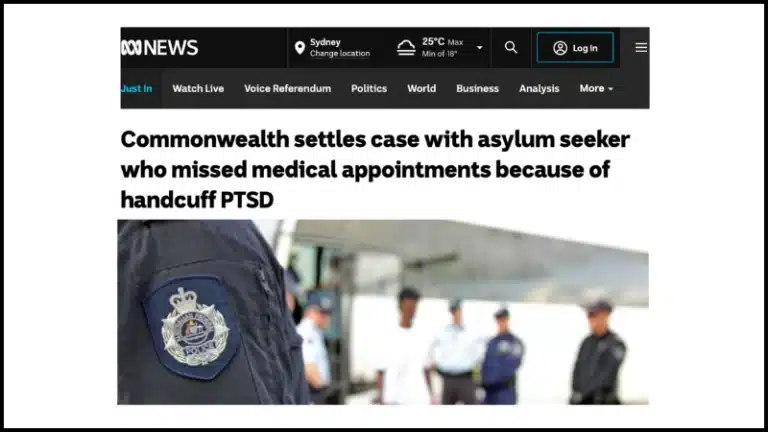The Public Interest Advocacy Centre (PIAC) is representing Megan* and Joanne*, two mothers suing NSW Police following months of disruptive and intimidating visits to their homes. PIAC has filed cases for both women in the NSW Supreme Court, asking the Court to decide if the visits were a misuse of power and amount to trespass.
Since 2013, the NSW Bail Act has given courts the power to authorise police to conduct bail checks, such as by attending private residences to check on compliance with a curfew.
This power was introduced after the NSW Supreme Court found police did not otherwise have powers to check on compliance with bail conditions. NSW Police supported this change to the Bail Act at the time.
Despite this, police continue to enter private property to conduct bail compliance checks without court authorisation or a reasonable basis to suspect that a person is in breach of their bail conditions. This is contrary to the intention of the Bail Act and, in PIAC’s view, unlawful.
‘The intention of the law is that a court should decide whether police can enter private property to check on bail compliance. Police are ignoring this and, we believe, acting unlawfully. We are asking the Court to find that entering private property for a bail check without court approval is trespass,’ says Jonathon Hunyor, PIAC CEO.
‘These women and their families have a right to feel safe and secure in their home. We work with too many clients who are subjected to disruptive and distressing visits by police, multiple times a day and at any hour.’
‘The evidence shows that ongoing interactions with police are harmful for young people who are working to get their lives on track. They generate mistrust and suspicion and erode confidence in the police.’
‘NSW Police must change their practices. If police believe it’s necessary to check on someone while they’re on bail, they can seek a court order using the existing process in the Bail Act. Police are not above the law,’ says Jonathon.
Megan’s story
Megan* is a single mother of three young boys, living in regional NSW. She and her family were subject to 153 visits by NSW Police to her home over 20 months. Many visits occurred between midnight and 4am.
‘They would come anytime. Sometimes very late at night or early in the morning. Often more than once a night. I thought I had to let them in, or the boys would be locked up,’ said Megan.
Two of Megan’s young sons (aged 11 and 13 when the visits started) were on bail after being found as passengers in a stolen car. Police said they attended Megan’s home to conduct bail checks but the boys had no bail conditions authorising visits by police.
‘They would come in the middle of the night. I’d hear them bang on the door then knock on the window. Sometimes they would shine torches in windows or let themselves in through the back gate. I would have to get the boys up or walk the police in to show them they were sleeping.’
Megan suffers from a health condition that can be debilitating. The impact of the prolonged, invasive visits is being felt throughout her family.
‘It’s made me scared and stressed. It’s affected my sleep. Being woken up at all hours made us all exhausted. The boys missed school because they were too tired to go.’
‘My boys have changed from the visits. They’ve shut down. They’re more timid. They’re scared to open the door, even for family.’
‘This isn’t just a problem that affects me, it affects my community and other family members. I’m a proud Aboriginal woman and I am raising my boys to be proud Aboriginal men. It isn’t right that the police target Aboriginal people.’
‘Police have got a job to do, I understand that. But I have a job to do as a mother; to grow my boys up well. And they are stopping me from doing that, and this sort of policing has impacted generations and generations.’
Joanne’s story
Joanne* is a single mother of three, living in Western Sydney, who was referred to PIAC through the Aboriginal Legal Service (NSW/ACT). She and her family were subject to more than 90 police visits over 18 months. Fifty nine (59) of these visits appear to have been unlawful. Through that time, Joanne’s anxiety increased, and she had difficulty sleeping.
‘Police coming around didn’t only affect my son who was on bail. It also affected me and his sisters, especially when police were shining torches through the windows after midnight. It felt as though they were harassing the whole family. My youngest daughter is now scared of police.’
‘The checks felt relentless. Once there were three checks in just a few hours. Police seemed to just do whatever they wanted, and completely ignored what the court said about how much they were allowed to come.’
‘Sometimes my son would start behaving really well. But police continued to harass him anyway, and he’d feel like his good behaviour was pointless and end up being charged again.’
‘It was very embarrassing to have the police constantly at my house. It made it hard for me with my neighbours. And I stopped inviting guests over in case the police turned up.’
‘The checks often happened on school nights, which meant my youngest daughter was too tired to go to school in the morning.’
*Client names have been changed to protect privacy. The quotes above can be reproduced but the clients are not available for further comment.


